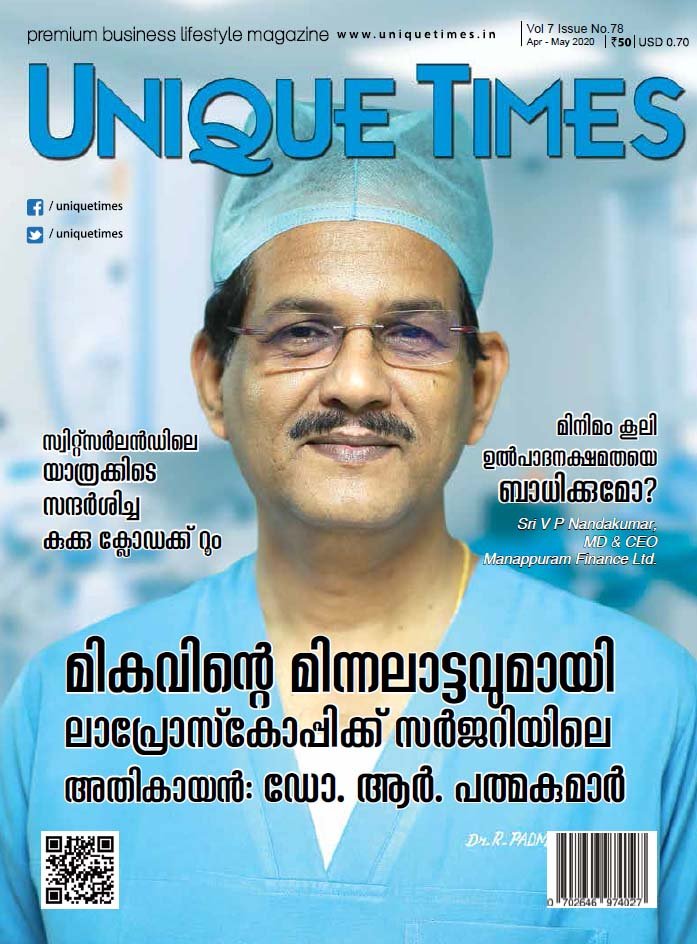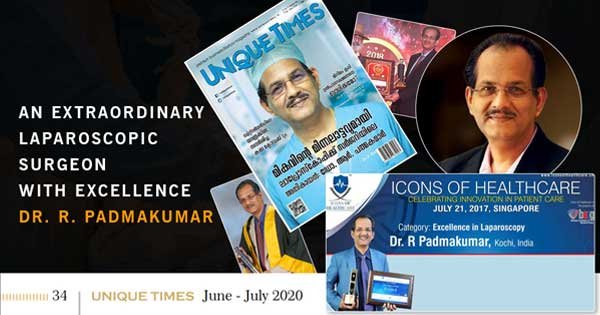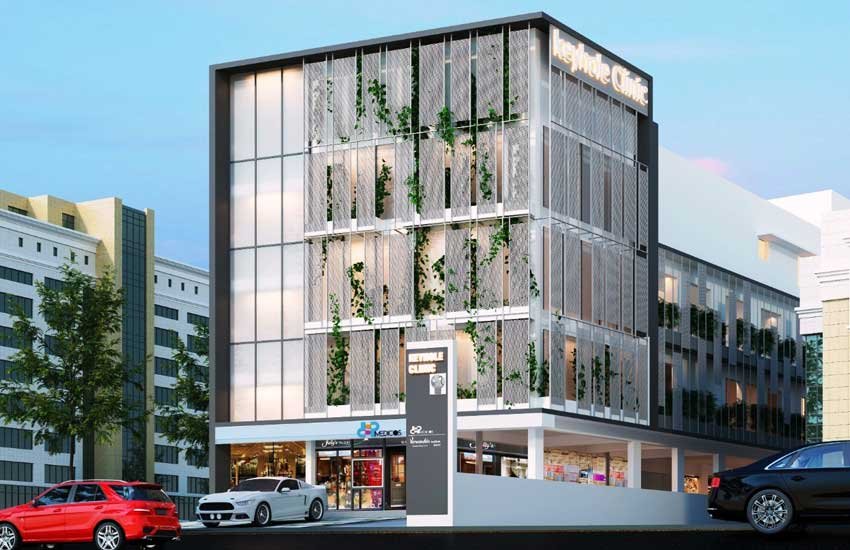Laparoscopic Hernia Surgery

Laparoscopic Hernia Surgery is performing hernia surgery using an instrument called a laparoscope. The laparoscope is pass through small incisions made on the abdomen.
What is hernia?
Hernia is the abnormal squeezing out of an organ or fatty tissue through a weak spot of the wall of the cavity where it normally resides. A hernia can be caused by pressure and a weakness or opening of the muscle or fascia where the pressure pushes the organ or tissue through the weak spot or opening. The weak areas can include the groin, umbilicus, site of a previous abdominal incision, etc. Anything that cause an increase in pressure in the abdomen can cause hernia, which may include coughing or sneezing persistently, constipation or diarrhea, lifting heavy objects, etc. Poor nutrition, smoking, obesity are some factors that can cause muscle weakness and make hernias more likely. Other risk factors for hernia include COPD, pregnancy, peritoneal dialysis, age related wear and tear of the abdominal wall, inactivity, etc.
Hernias most commonly develop in the abdomen, specifically the groin. A weakness in the abdominal wall can evolve into a localized hole or defect, and through this defect the abdominal organs or adipose tissue may protrude. Hernias can be of different types. Hernias may not be life threatening, but they don’t go away unless treated. Hernia surgery may be required to prevent potentially dangerous complications.
Hernia can be of different types and the most important among them are
- Inguinal hernia
- Hiatal hernia
- Ventral Hernia
- Obturator Hernia
- Femoral Hernia
- Umbilical hernia
- Incisional hernia

Hernia should be treated as they may rise many other complications including blockage in the organ and prevent blood flow and also affects the functioning of the organ. Strangulation of hernia causing stop to blood flow require immediate removal as they may lead to life threatening condition. Hernia causes pain and discomfort in the abdominal area while prolonged standing, walking and bending over to lift objects.
What is Laparoscopic Surgery or Keyhole Surgery?
In Laparoscopic Surgery or Keyhole Surgery the surgeon uses an instrument called a laparoscope. The laparoscope is a thin instrument that uses light at the end of the scope. The laparoscope is passed through small incisions (two to four) made at the abdominal wall. As opposed to conventional surgery or open surgery, where a large cut is made at the abdominal wall, laparoscopic surgery or keyhole surgery uses very small incisions, and hence the name Keyhole Surgery. It is also called Minimal Access Surgery or Minimally Invasive Surgery

Keyhole surgery is a minimally invasive surgical method with few small incisions with less tissue disruption. The surgeon inserts tiny camera attached instruments to view the abnormality caused by the hernia and carefully inserts other surgical tools to remove the hernia without damaging any other internal organs in the area. The camera captures pictures and the surgeon view the enlarged images of the organs through a monitor attached and perform the surgery through the images transmitted to video monitors.
Advantages
Laparoscopic hernia surgery or keyhole surgery of hernias has a number of advantages over open surgeries. These include:
- Reduced Postoperative Pain and discomfort after the surgery
- Faster healing and recovery from surgery and thus faster return to work
- Reduced Hospital Stay
- Minimal scars as the surgery is minimally invasive
- Less chance for infection
How Laparoscopic Hernia Surgery is performed?
The surgeon initiates the surgery by administering a dose of general anesthesia to relax the muscles and to put the patient in a sleep like state. Three small incisions are made in the abdominal wall with less bleeding and a balloon dilating device is passed to separate the peritoneum from the muscle layer. Once separated the balloon is replaced with a laparoscopic port and the abdomen is insufflated with CO2. A long thin tube like structure with a camera attached to one of its end (laparoscope) is inserted into the space to view the internal organs through a connected monitor. The images guide the surgeon throughout the surgery. Next the peritoneum is then gently pushed away from the muscle layer to reveal the sac of hernia and is pulled back into position. After repositioning the abdominal bulge a flexible polypropylene mesh is placed on the spot to cover the hole in the muscle. The mesh is fixed with tiny absorbable tacking devices. Lastly the incisions are closed with dissolving sutures.
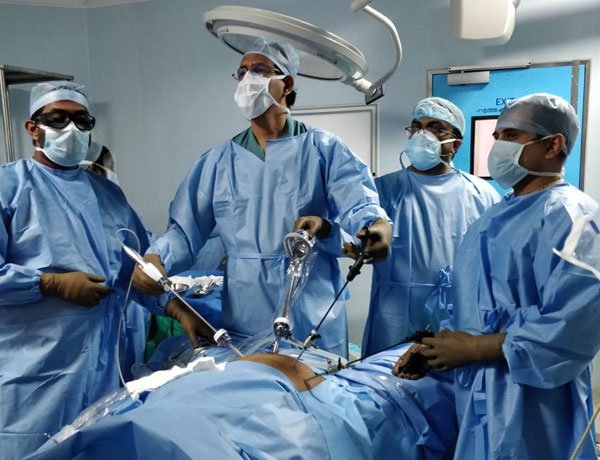
Performing Laparoscopic Surgery
Laparoscopic surgeries/ keyhole surgeries provide you the best experience of the surgery due to the less pain and blood loss during the surgery.
Two Techniques
Two common laparoscopic techniques for hernia repair are Transabdominal Preperitoneal (TAPP) Repair and Totally Extraperitoneal (TEP) repair.
TAPP – The surgeon goes into the peritoneal cavity and places a mesh through a peritoneal incision over hernia sites.
TEP – The peritoneal cavity is not entered and mesh is used to seal the hernia from outside the peritoneum.
When to See your Doctor?
Untreated Hernia can lead to complications, which could be potentially serious. Hernia could grow over time. Incarceration is a complication and occurs if the intestine gets trapped in the abdominal wall. This could cause obstruction of bowel, which may lead to severe pain, nausea and constipation. Strangulation is another complication and occurs if the trapped section of the intestine doesn’t get enough blood supply. This is a life threatening condition and requires immediate medical attention.
It is always better to get the hernia treated before any complication arise.
About Dr. R. Padmakumar
Dr. R. Padmakumar is one of the Best Hernia Surgeon in India. He has been changing lives through Keyhole Surgery. He has got more than 30 years of hands-on experience in laparoscopic Surgery in major hospitals across India and has completed more than 7000 cases of Laparoscopic Hernia Surgeries. Dr. Padmakumar has trained more than 300 surgeons from all over the world the art of laparoscopic surgery especially Laparoscopic Hernia Surgery. Dr. Padmakumar is also hailed as one of the Best Bariatric Surgeon in India & UAE. He is renowned for new and improved treatment techniques and the first in the World to perform Scarless Bariatric Surgery with Tummy Tuck / Abdominoplasty. He is also one of the very few thyroid surgeons in India doing Endoscopic Thyroidectomy (scarless thyroid surgery).
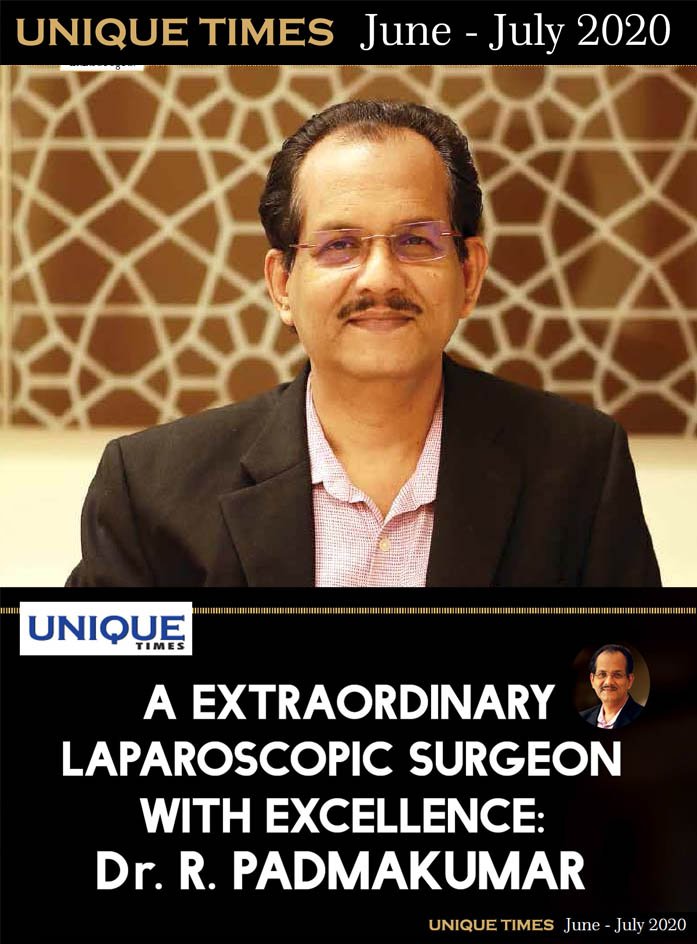
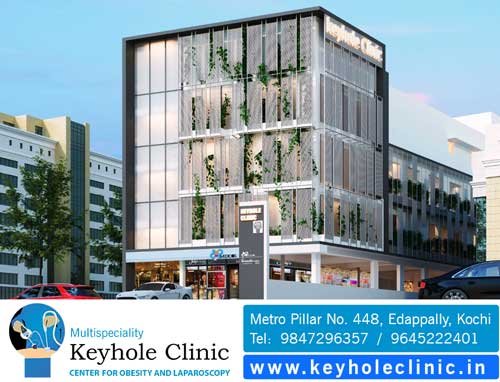
-
Anal Fissure Treatment
-
Gynaecomastia Treatment
- Piles / Hemorrhoids Treatment
- Varicose Veins Treatment
- Laser Treatment for Varicose Veins
- Diabetic Foot Treatment
